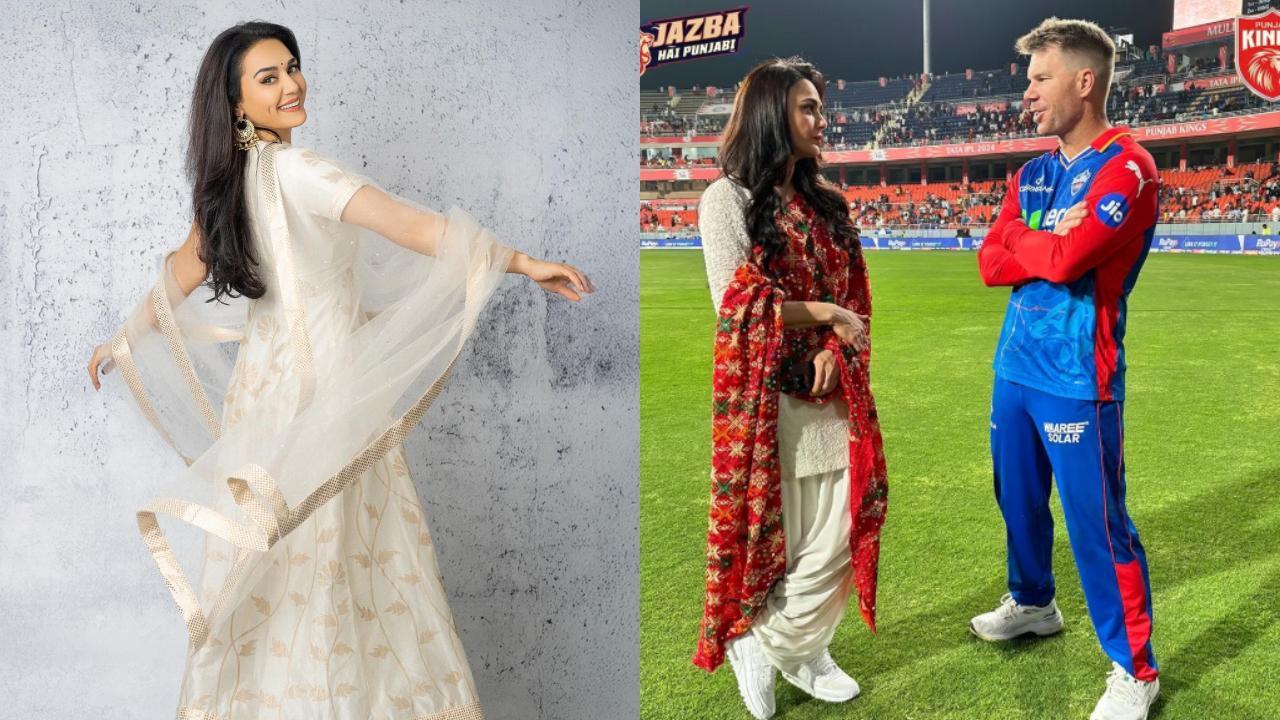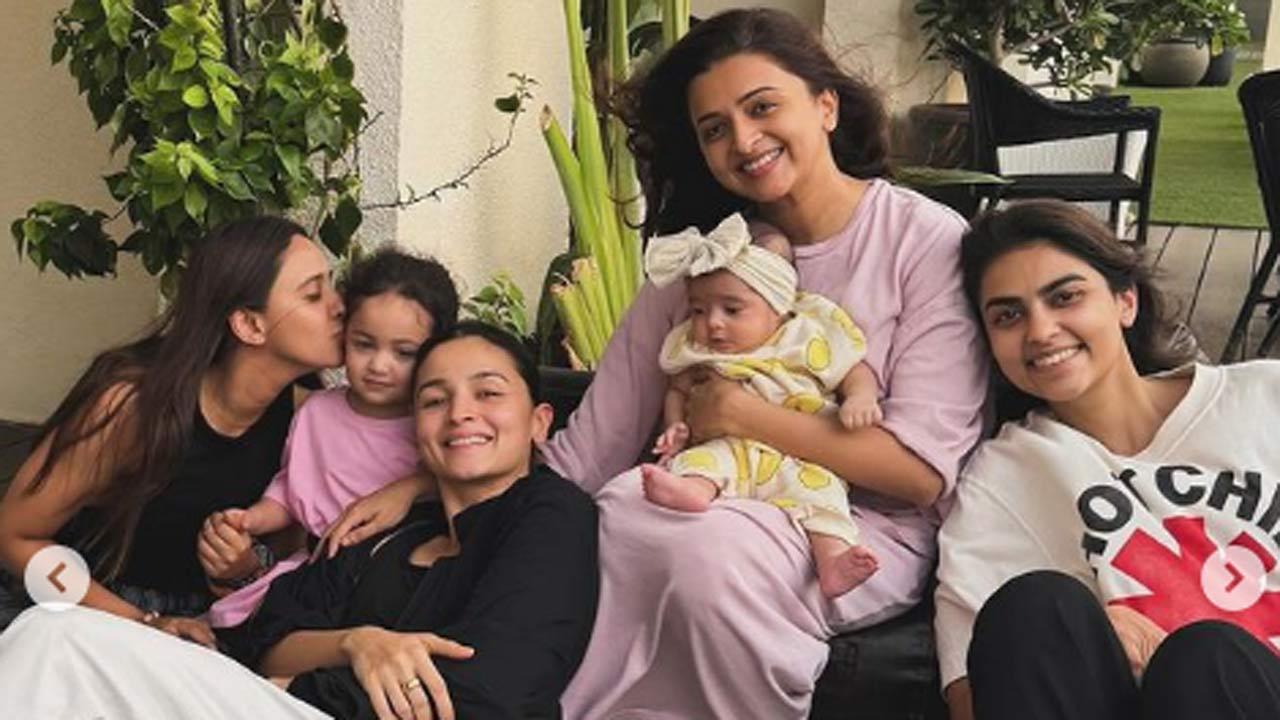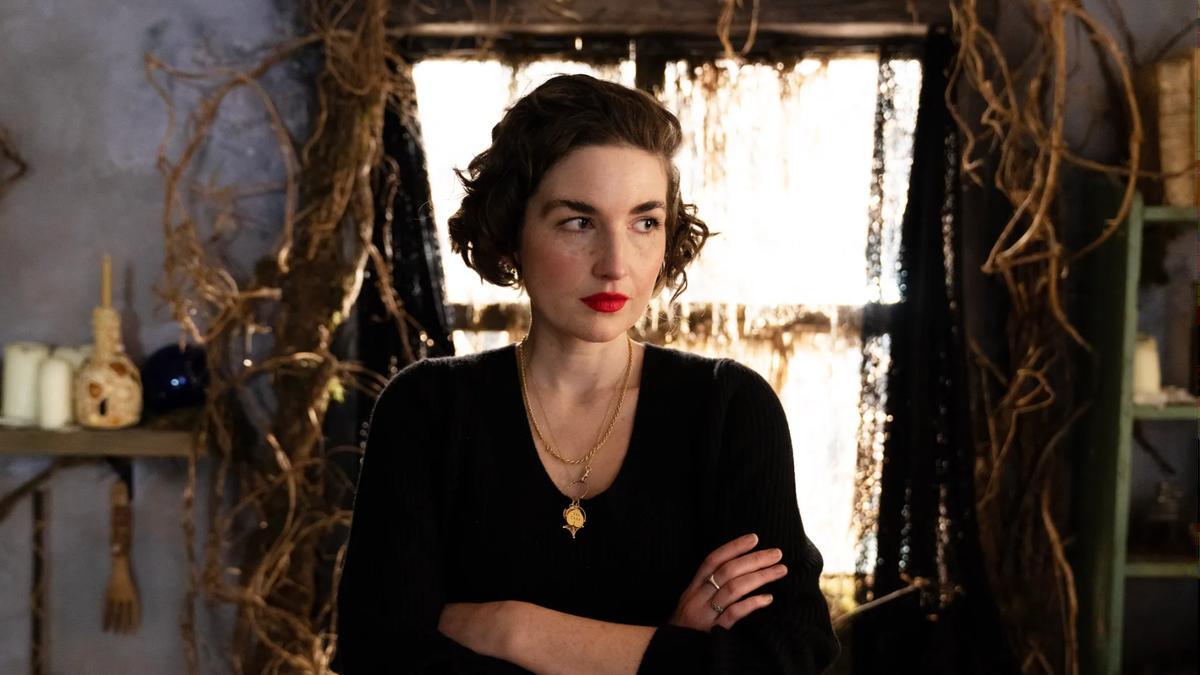
As we take the pulse of Tamil cinema at the current juncture, the prognosis is not particularly heartening. The year’s opening months have already drawn sighs from audiences longing for innovation and zest. Enter GV Prakash-starrer “Kalvan,” ostensibly poised as the jolt to revitalize the scene. Yet, the film delivers little more than a continuation of mediocrity, playing with expectations it cannot satisfy.
The premise of “Kalvan,” while not earth-shatteringly original, does initially suggest a modicum of promise. We meet the small-time crooks Kemban (GV Prakash) and Soori (Dheena), who experience a seemingly transformative encounter with a destitute elder (played by the accomplished Bharathiraja) in a Sathyamangalam old age home. Deciding to bring him into their folds to complete their facade of a “family,” we expect a tale with twists, moral complexities, perhaps even a bit of redemption. Alas, these are mere shadows of the story that never fully emerges.
In what could have unfolded as a richly textured fabric of intersecting lives and lore—with throwbacks to the Mayana Kollai festival, and the tension of a rogue elephant casting its shadow upon the village — “Kalvan” stalls, losing its momentum in a bog of cliches. Such missed opportunities litter the script; a promising heroine’s entrance bypasses potential depth for gimmick, while long-awaited plot developments dawdle until the latter half, suffocated by predictability.
Even the classic trope of attraction born from unusual circumstances—hinted to by comparing lesser-known Tamil films like “Thiruda Thiruda” or “Pithamagan,” where love blossoms between unlikely pairs—falls flat in “Kalvan.” The relationship between Balamani (Ivana) and Kemban oscillates between extremes without true character development, relying on manipulation rather than meaningful connection. Such evolutions make one wish for the film’s earlier teased elephant to make a thunderous intervention.
Amidst this assortment of cliches and unfulfilled promises, Bharathiraja’s performance stands as a beacon, a testament to his indelible mark on the industry, not just behind the camera but in front as well. The poignant potential of his character’s backstory is undermined by lackluster directorial choices, such as reducing an engrossing history to a mere monologue with colorful but ineffective images.
Cinematographer-turned-director PV Shankar’s work behind the lens provides moments of visual relief in an otherwise undistinguished directorial debut. One could only wish that his less experienced hand at storytelling matched his established prowess in capturing the film’s lush landscapes and framing its sparse heartfelt scenes.
Marketing for “Kalvan” championed it as an elephant film, a term that turned out to be wildly misleading. With shockingly little screen time for the animal, the film reveals itself as an unrelated tangle of narratives. Ironically, this misrepresentation underscores the film’s greatest misfire: its failure to mine the rich vein layered between human and wildlife, between rural tradition and individual drama.
Southeastern India’s cinema has a storied tradition, ripe with ingenuity and emotional depth. When a film like “Kalvan” emerges, the disappointment stems from lost potential—moments when a unique story could have taken flight. Instead, we find a faltering addition to the canon that stumbles over its own narrative devices, offering up a white elephant of unmet expectations and trite resolutions.
As “Kalvan” screens across theaters, one reflects not only on the film’s shortcomings but on what its struggles signify about the current health of Tamil cinema. Can it be resuscitated, or are we simply witnessing the early decline of a once-vibrant art form? Only time—and perhaps more inspired filmmaking—will tell.










